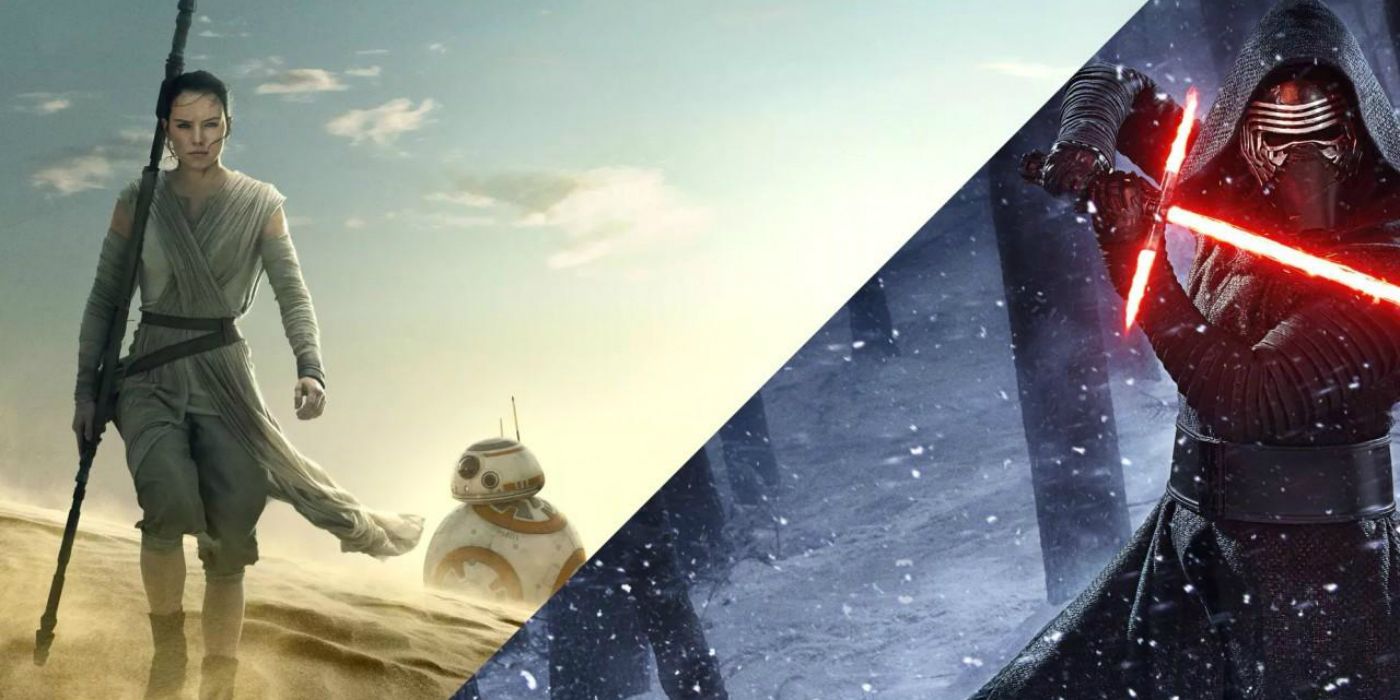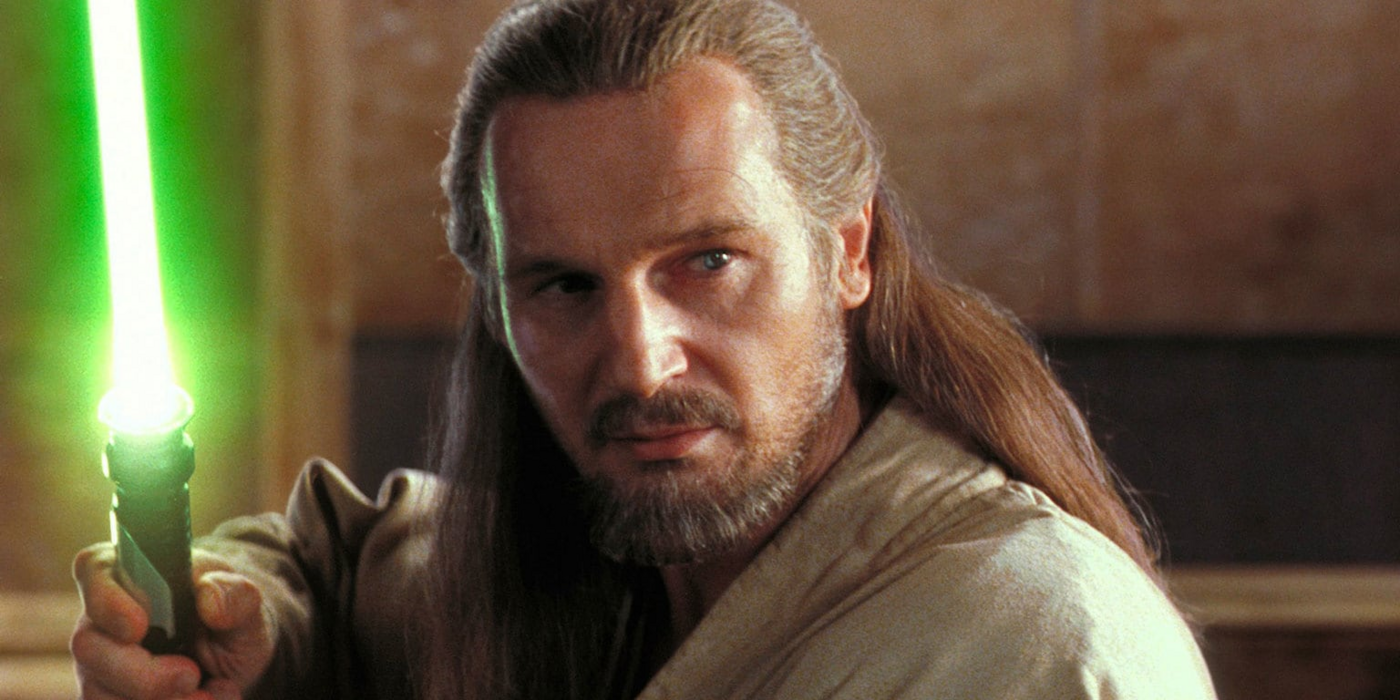A 2019 Star Wars audiobook has hinted that "balance" is another aspect of the Force, like light and dark. Cavan Scott's Star Wars audiobook Dooku: Jedi Lost introduces an ancient mantra about the balance of the Force, one that potentially predates the Jedi Order, but has been neglected as the millennia have passed. The mantra suggests that the ancients viewed the Force as comprising not of two, but three elements, which fundamentally changes the current understanding of Star Wars's iconic metaphysical power.
George Lucas always envisioned the Jedi and the Sith as a sort of cosmic yin and yang, with the Jedi serving the light side of the Force and the Sith embracing the dark. But the sequel trilogy added a new component to this: the idea of "balance." Star Wars Episode I: The Phantom Menace introduced the idea of the Chosen One, a Messianic figure destined to bring about balance. The Jedi appeared to believe this meant Anakin Skywalker was destined to destroy the Sith, but the truth has proven to be a lot more complicated. Part of the issue is that Star Wars is yet to give a precise definition of what it means to bring balance to the Force.
Cavan Scott's Star Wars audiobook Dooku: Jedi Lost adds another intriguing element to the balance debate. The audiobook introduces an ancient mantra about the Force, and this mysterious mantra suggests that balance may be another aspect of the Force, distinct from light and dark:
"We call upon the three — light, dark, and balance true. One is no greater than the others. Together, they unite, restore, center, and renew. We walk into the light, acknowledge the dark, and find balance within ourselves. The Force is strong."
The mantra is designed to be used as part of meditation, and it clearly represents a very different philosophy to the one presented by the Jedi in the prequel trilogy. Notice that the mantra calls upon all three aspects of the Force — light, dark, and "balance true" — rather than exclusively to the light side. The implication is that this pre-Jedi Force cult embraced both light and dark, and sought to find an internal balance within them. It's quite striking that the ancient Jedi absorbed this as part of their meditation, suggesting that these first Jedi did not run from the dark, but rather acknowledged it as well as the light. The philosophy is very similar to that of an ancient race in Jedi: Fallen Order, perhaps hinting that there is a link between these early Jedi and the Zeffo.
Count Dooku's beliefs were clearly passed on to Qui-Gon Jinn, whose own views were explored in Claudia Gray's novel Master & Apprentice. There, Qui-Gon explained that he believes there will never be more light than darkness, but that it is the responsibility of every being to choose the light, even as they acknowledge the darkness. "I don't turn toward the light because it means someday I'll "win" some sort of cosmic game," he insisted. "I turn toward it because it is the light." This perspective is very similar to the one seen in the audiobook's ancient Jedi mantra, although even Qui-Gon doesn't seem to understand "balance" as an aspect of the Force in its own right.
The role of "balance" in the Force may sound like an abstruse philosophical point, but it's actually quite important. It may well explain why Anakin Skywalker made such a poor servant of the light side of the Force, and yet betrayed the dark as well. If "balance" is a separate aspect of the Force, and the Chosen One is an agent of balance, then it makes sense for Anakin to struggle to find peace and satisfaction with either the Jedi or the Sith. His destiny could never be fulfilled by either of the two Orders.



